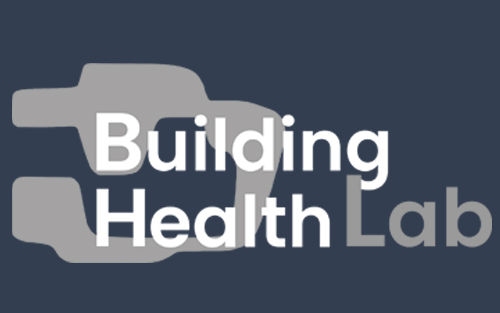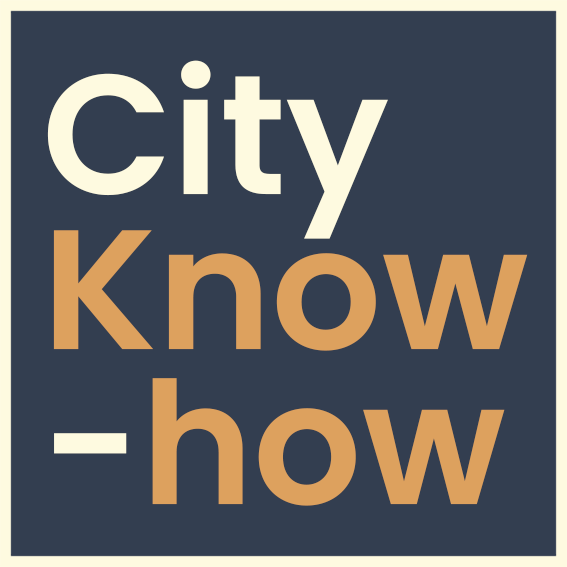
The need for evidence
Evidence-based projects are a global trend!
Agencies and governments seek to battle the climate and health crisis and reach sustainable development goals on time. Forefront planners and designers are under pressure to create urban landscapes that effectively improve climate, energy, and health outcomes and are proven bankable.
Building Health Lab provides the scientific knowledge and transdisciplinary tools in a multigoal project development cycle that attends to site-specific urban ecosystems and citizen requirements, especially of the most vulnerable groups.
3 services to build health ...
UrbanCare is end-to-end specialized support for researchers, communities, planners and designers.
• researchers
• communities
• planners & designers

UrbanCare Diagnostics
Step 1
With our diagnostics, urban researchers easily study the neighborhood’s urban ecosystem to understand relations between the physical environment and possible impacts on travel behavior and population health.
In most cities, neighborhood level data is incomplete or missing. At BHL we start our workflow with UrbanCare Indicators, to gather data that will inform solutions for slower-paced groups and local climates.

UrbanCare APPS

Step 2.
Immersive Data Journeys invites communities to experience neighborhood environments and participate:
- 360° pedestrian exploration,
- Local climate infographics,
- Urban scene surveys on quality of life and health.
Our data-driven processes help communities:
- Collect and analyze neighborhood scale data,
- Initiate petitions and organize campaigns
- Co-create streetscapes using the evidence.
UrbanCare Dialogues
Step 3.
UrbanCare Dialogues are decision-making workshops in four sessions:
- Gap finder: Identify mobility obstacles and barriers to vulnerable groups,
- Diagnostics: Review data on pedestrian needs and street level ecosystem threats and prioritize,
- Planning: Define strategies, technical teams, schedule, and an investment scheme,
- Design: Present a vision to execute the pedestrian plan that maximizes benefits.
Our workshops are ideal for planners and designers aiming neighborhood regeneration, mobility plans, building climate resilience, new developments, or redeveloping institutional urban sites such as hospitals and university campuses.





